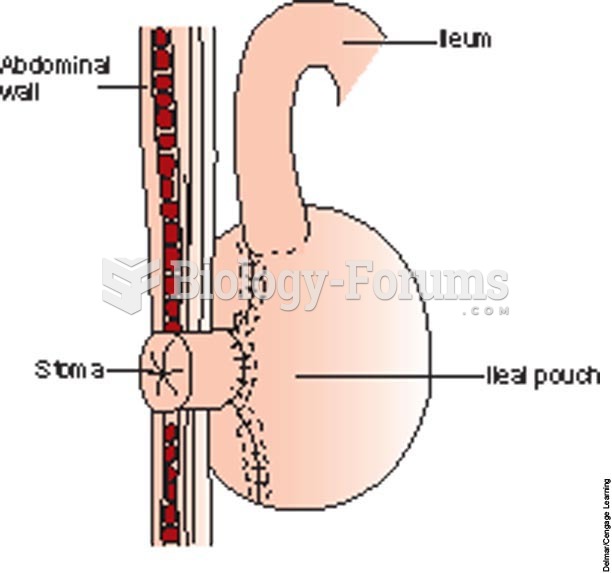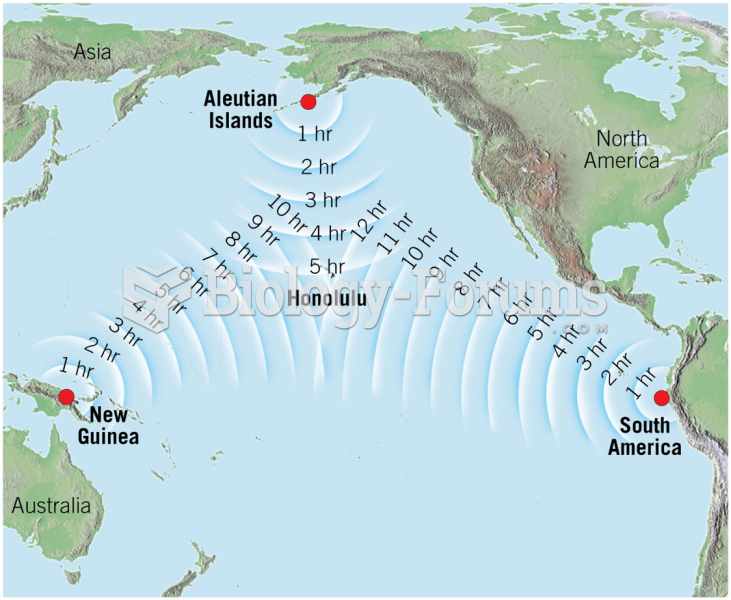|
|
|
Never take aspirin without food because it is likely to irritate your stomach. Never give aspirin to children under age 12. Overdoses of aspirin have the potential to cause deafness.
A serious new warning has been established for pregnant women against taking ACE inhibitors during pregnancy. In the study, the risk of major birth defects in children whose mothers took ACE inhibitors during the first trimester was nearly three times higher than in children whose mothers didn't take ACE inhibitors. Physicians can prescribe alternative medications for pregnant women who have symptoms of high blood pressure.
Amphetamine poisoning can cause intravascular coagulation, circulatory collapse, rhabdomyolysis, ischemic colitis, acute psychosis, hyperthermia, respiratory distress syndrome, and pericarditis.
Nearly 31 million adults in America have a total cholesterol level that is more than 240 mg per dL.
No drugs are available to relieve parathyroid disease. Parathyroid disease is caused by a parathyroid tumor, and it needs to be removed by surgery.
 (A) Dornier Compact Delta® lithotripsy system. Acoustic shock waves generated by the shock-wave-gene
(A) Dornier Compact Delta® lithotripsy system. Acoustic shock waves generated by the shock-wave-gene
 A passenger train crosses Stony Creek Bridge in the Rocky Mountains in 1878. Railroads were importan
A passenger train crosses Stony Creek Bridge in the Rocky Mountains in 1878. Railroads were importan





